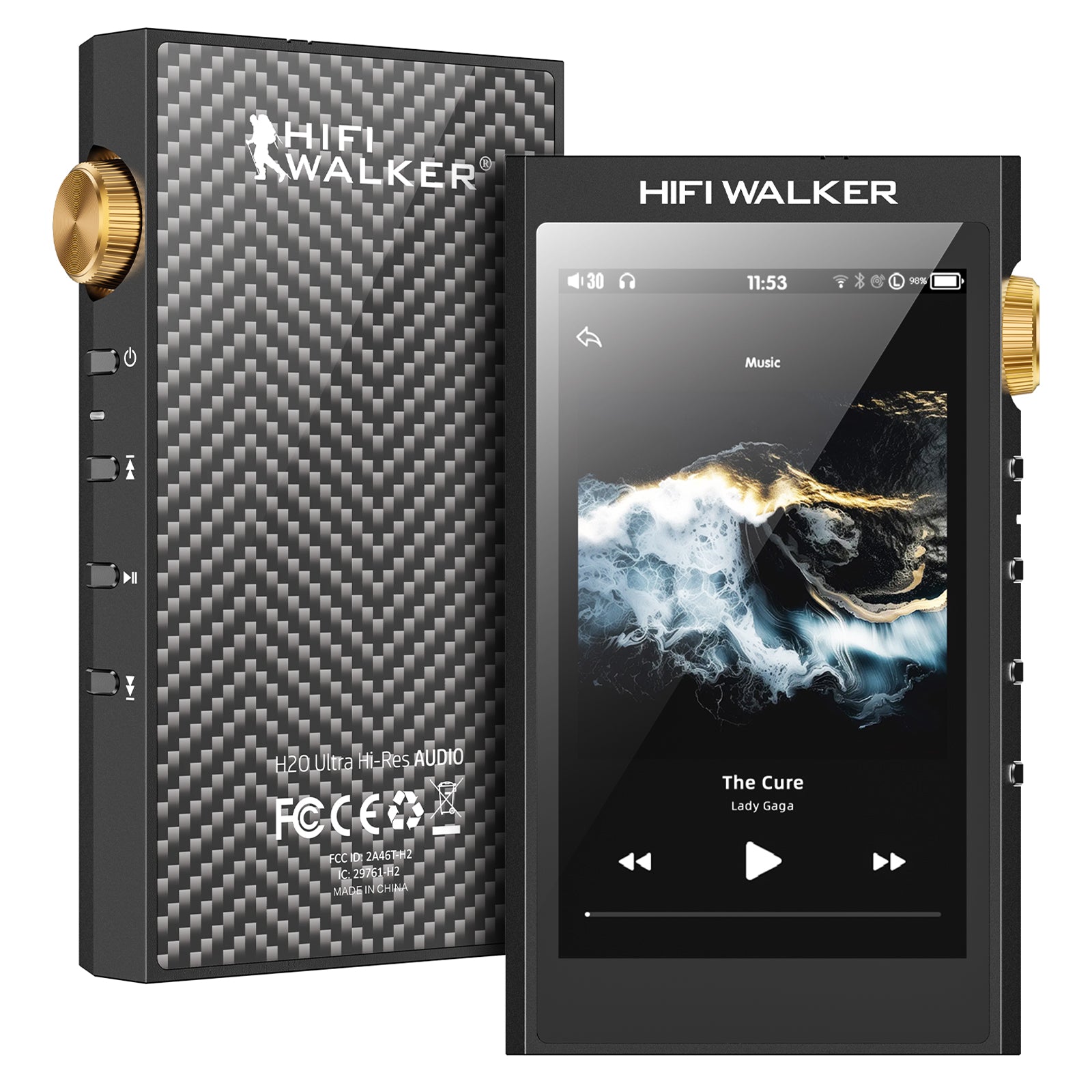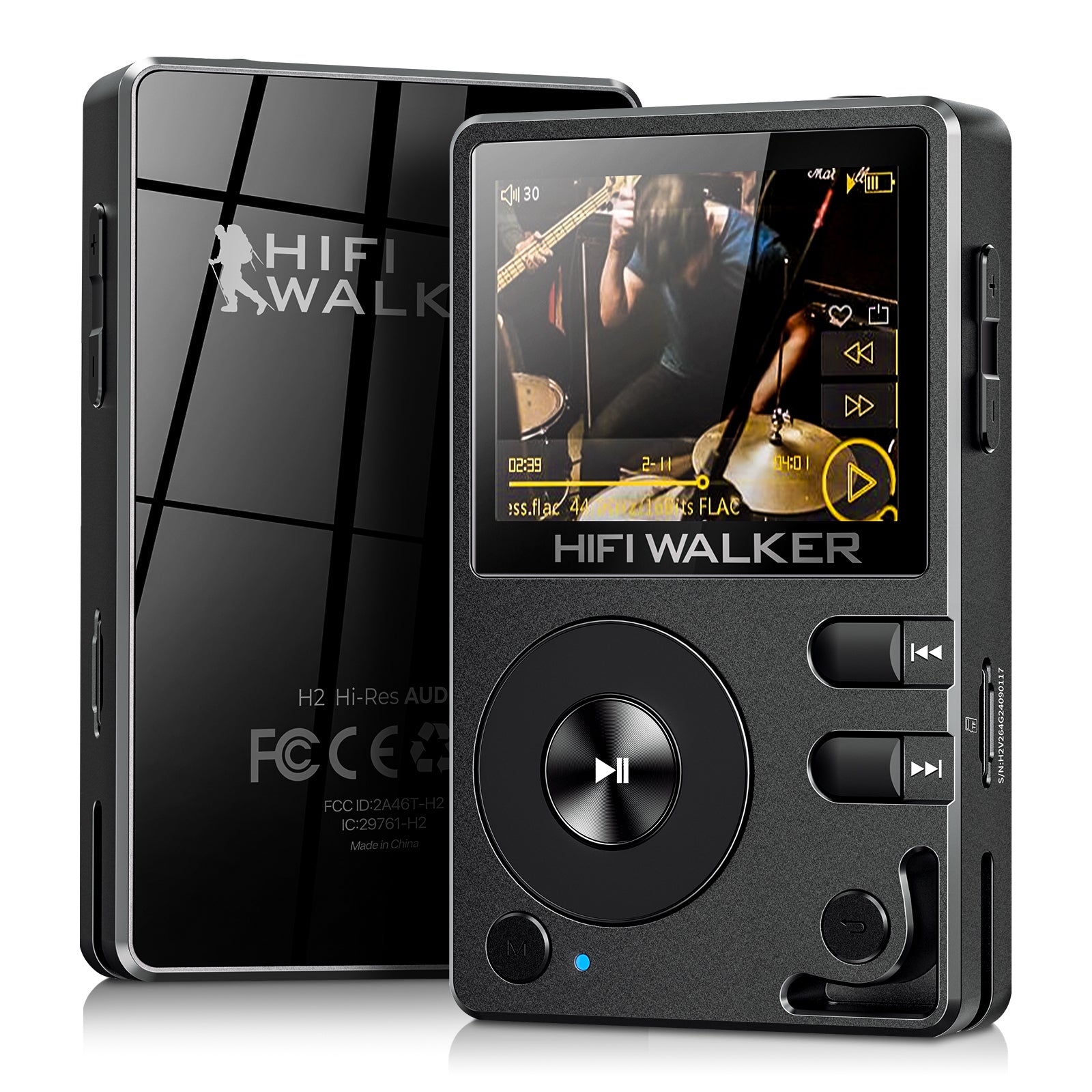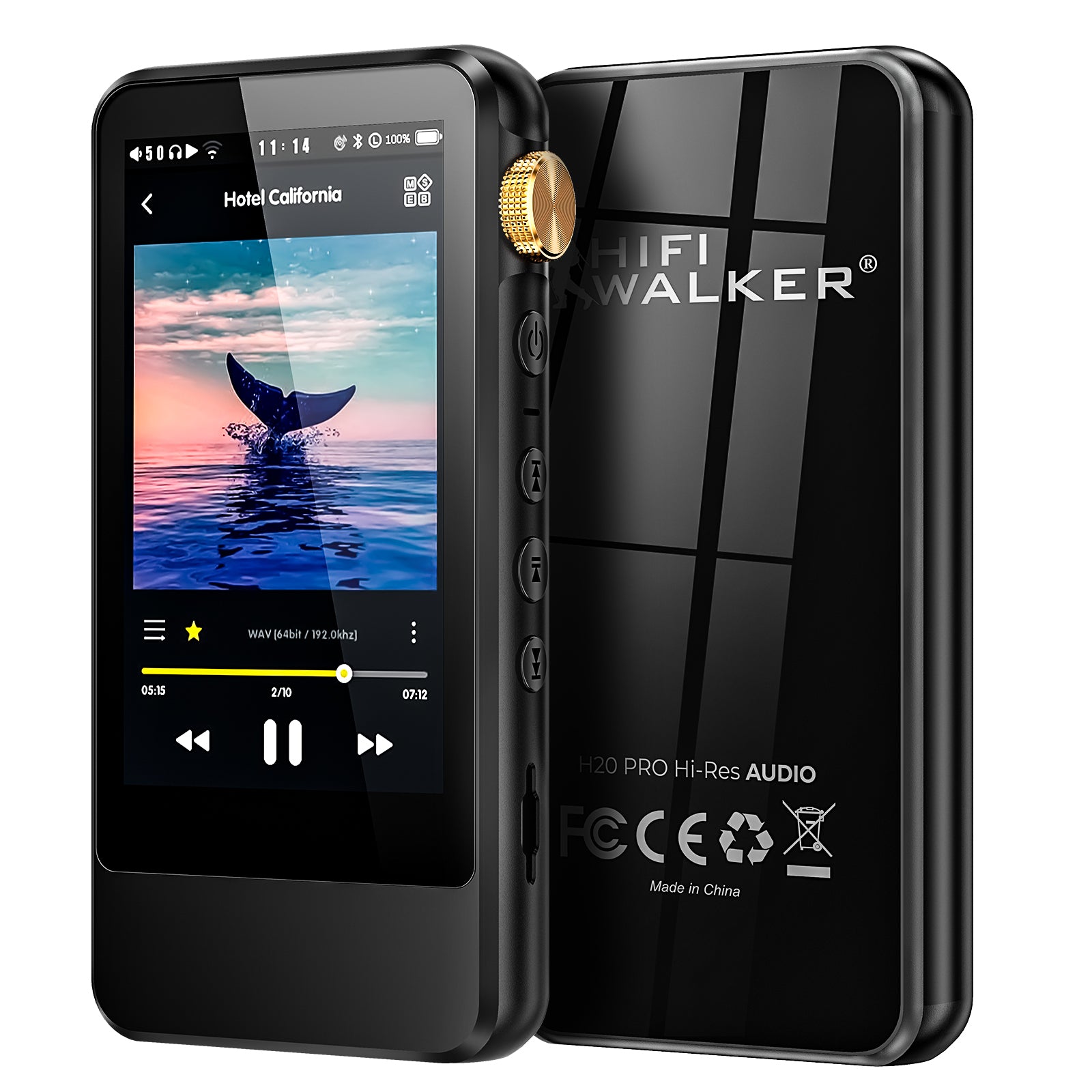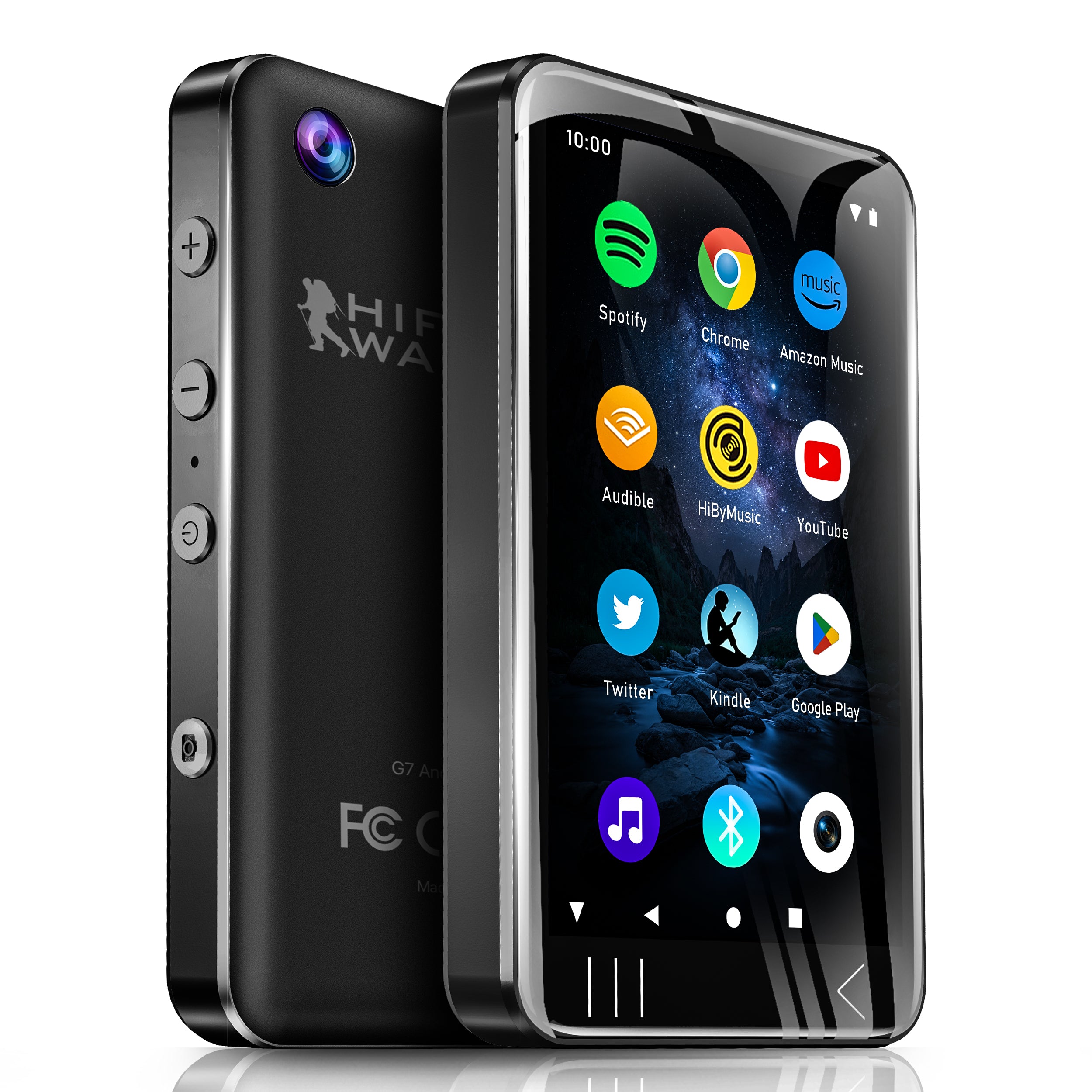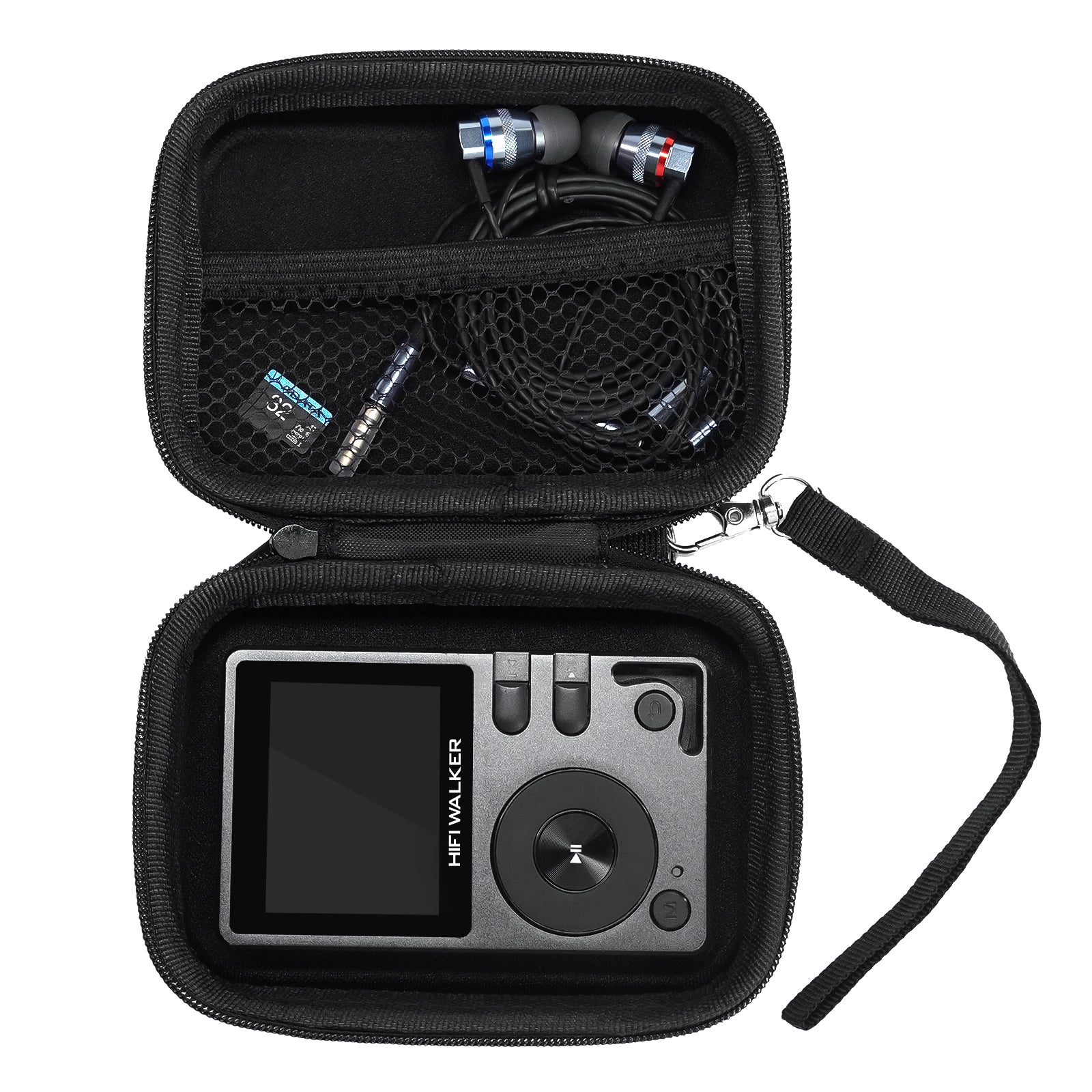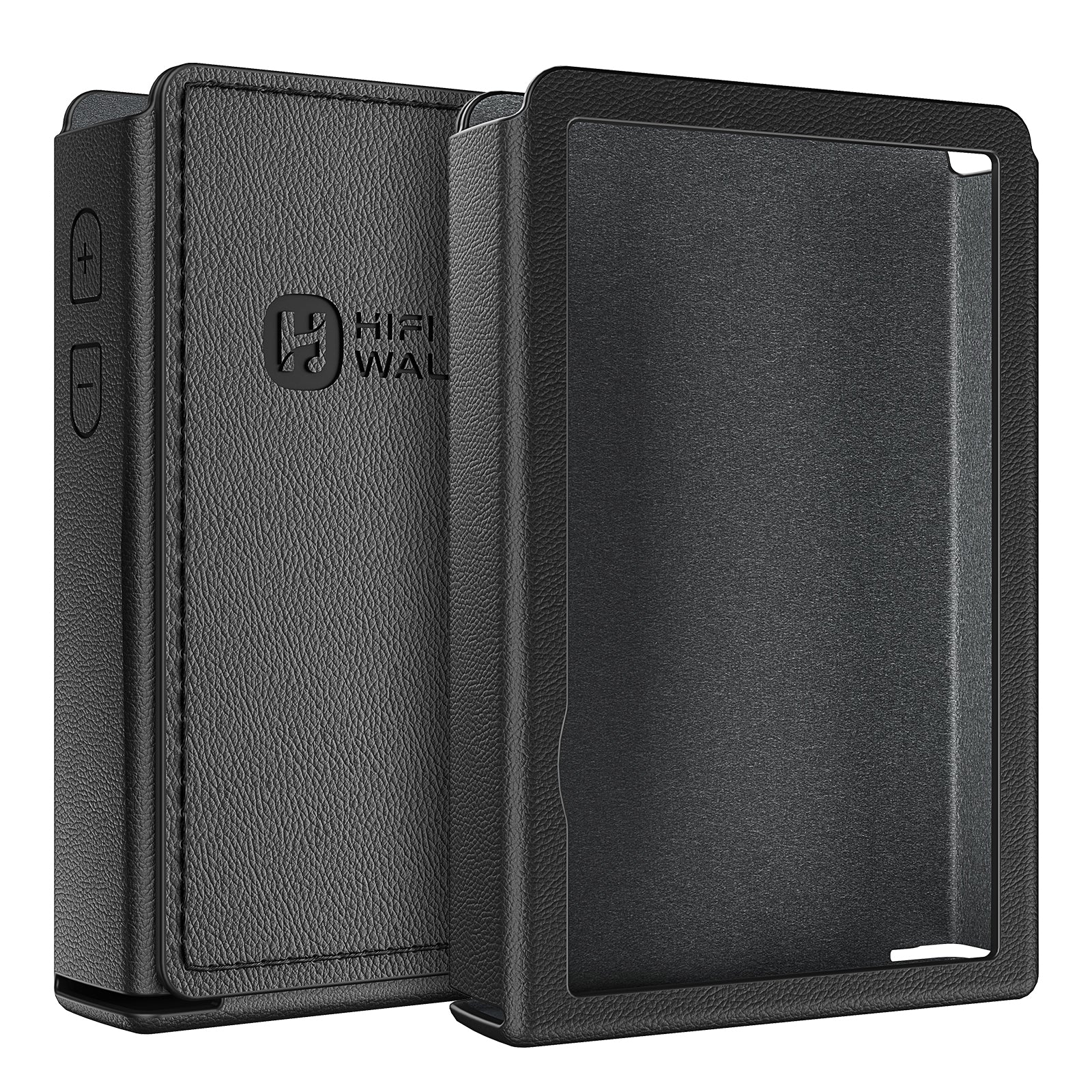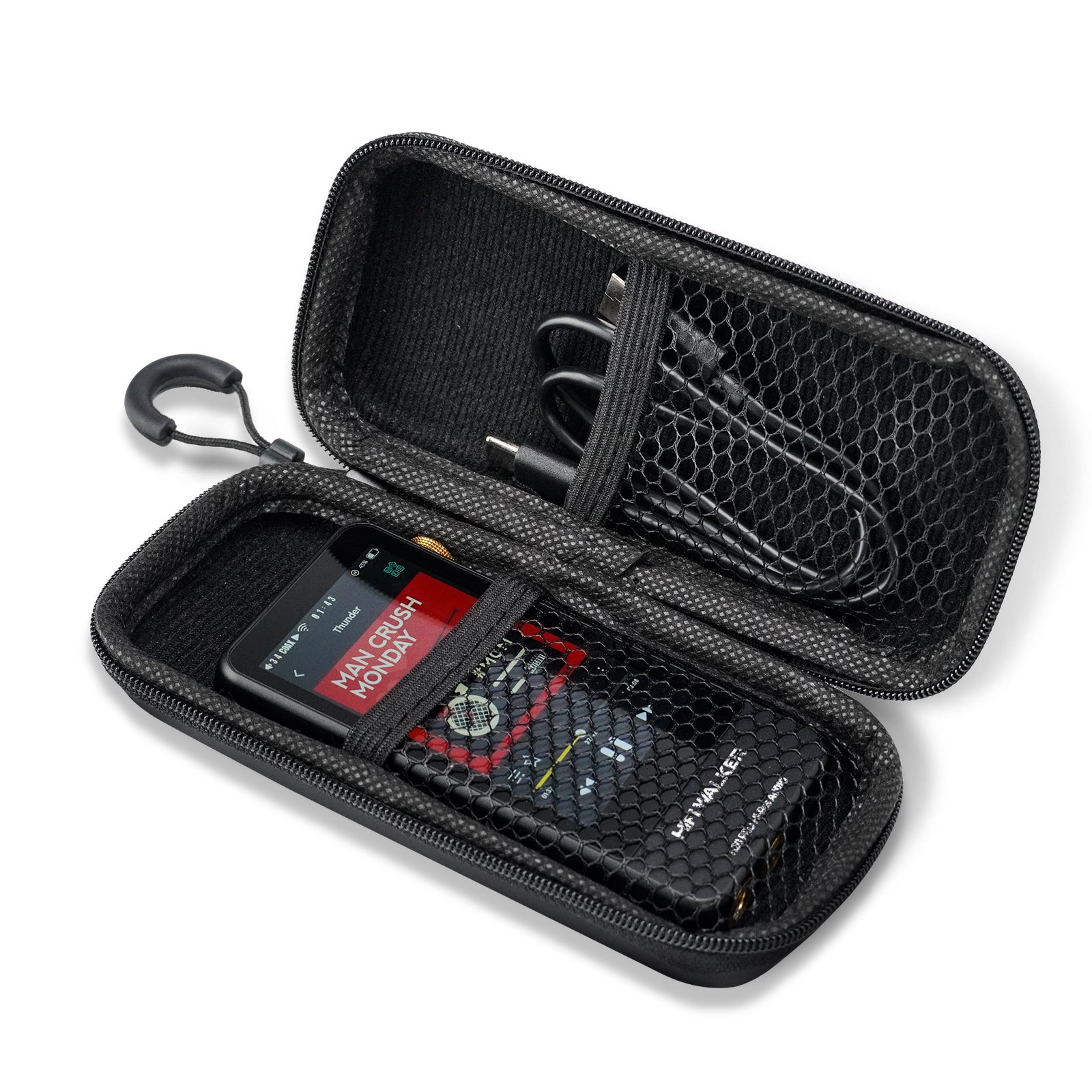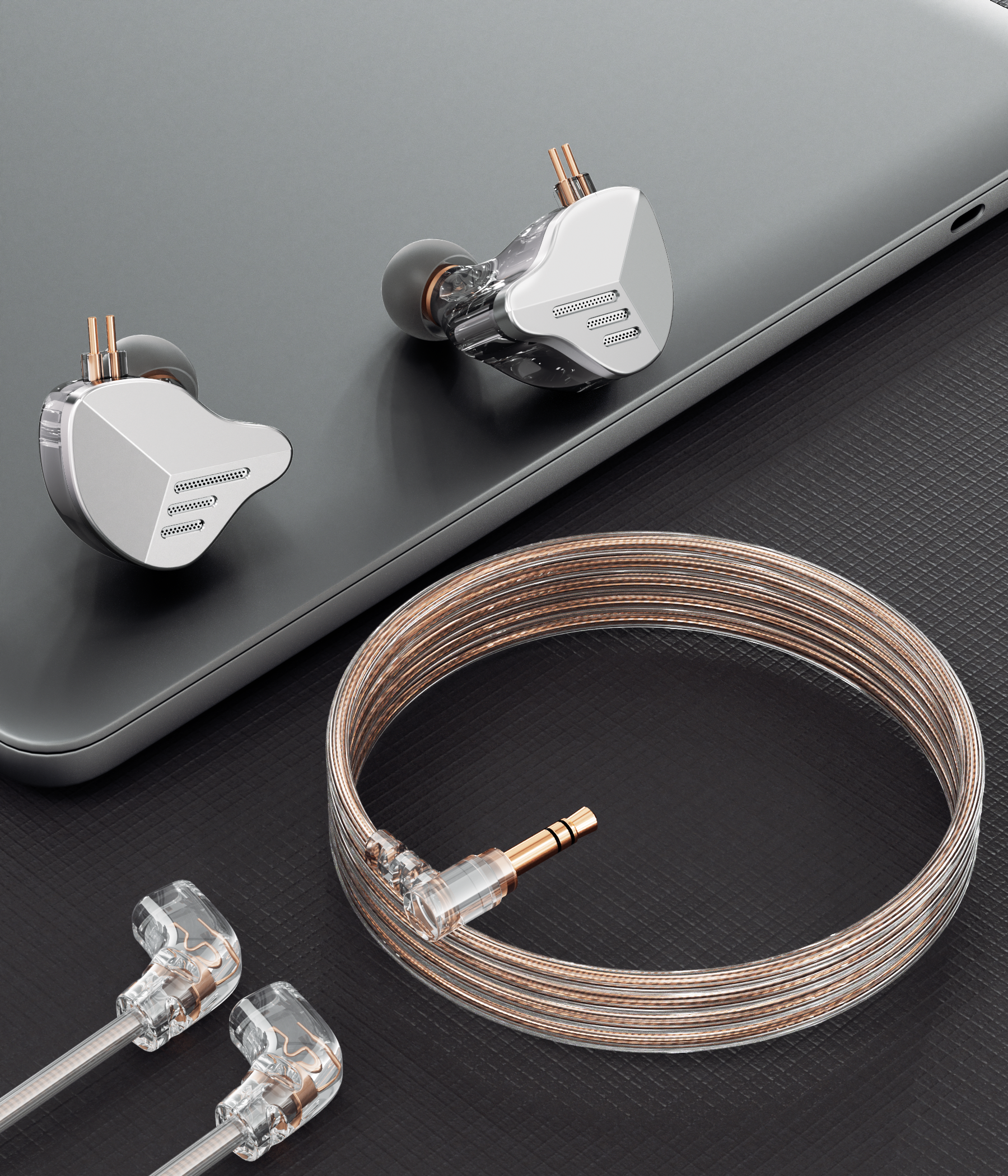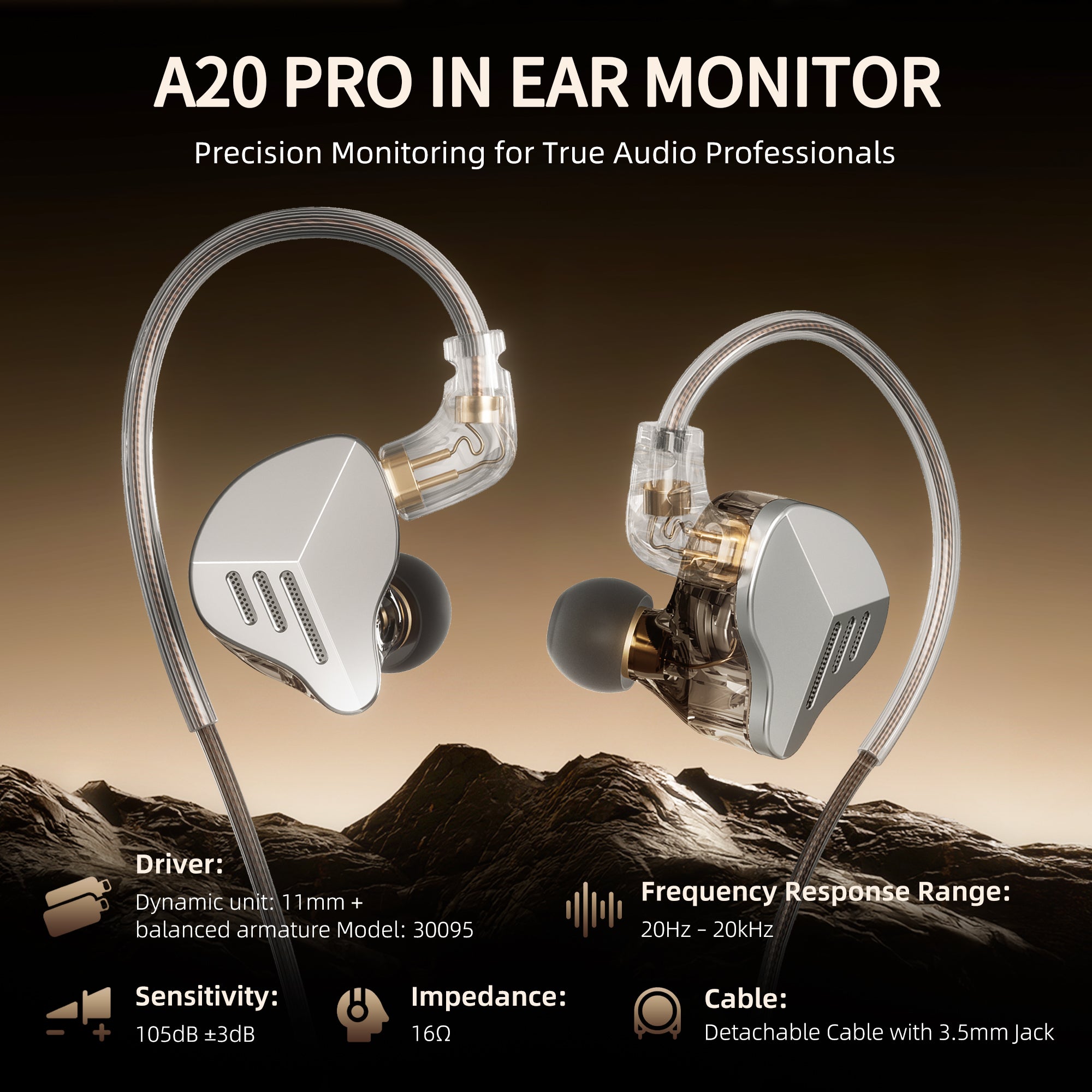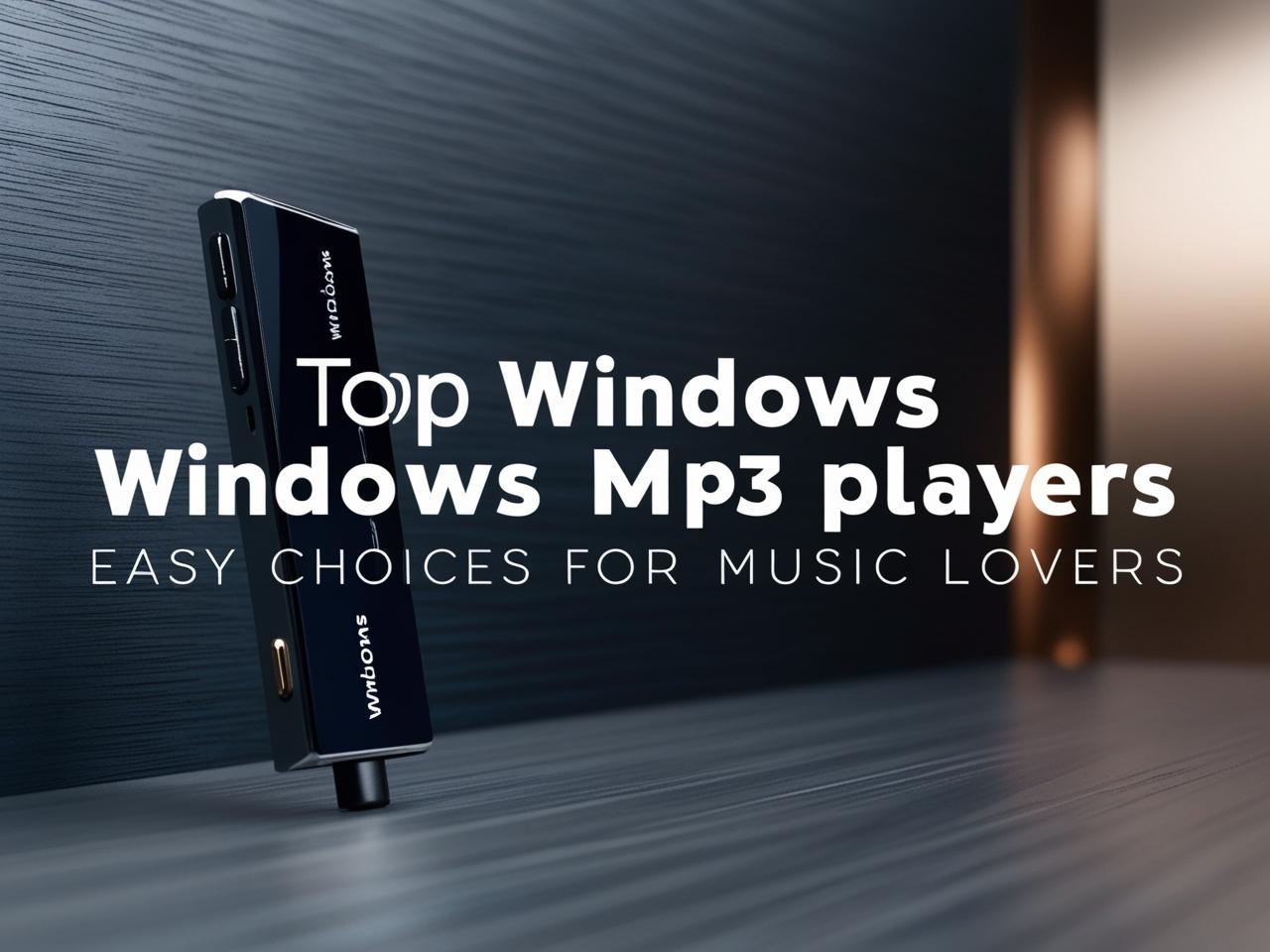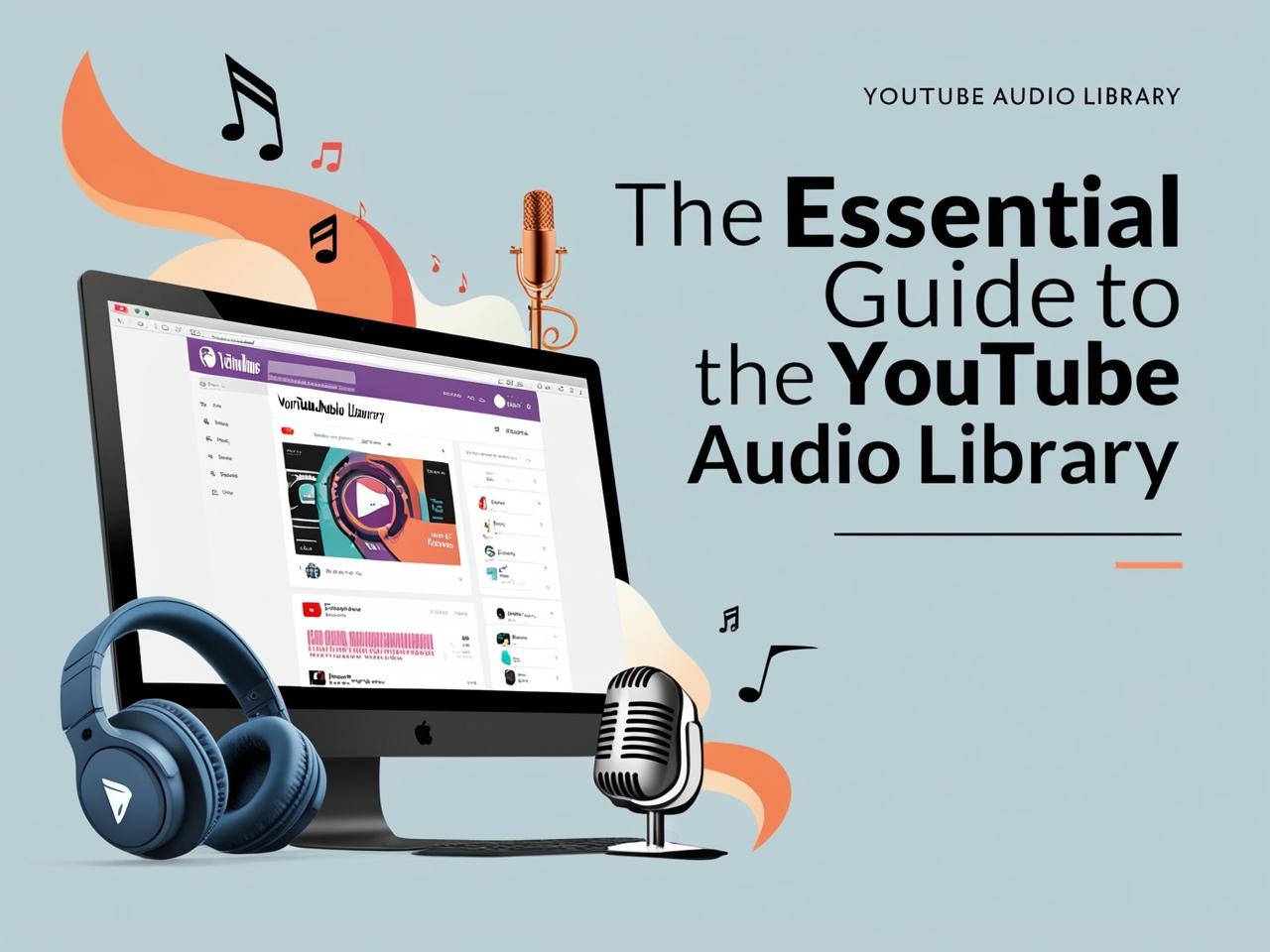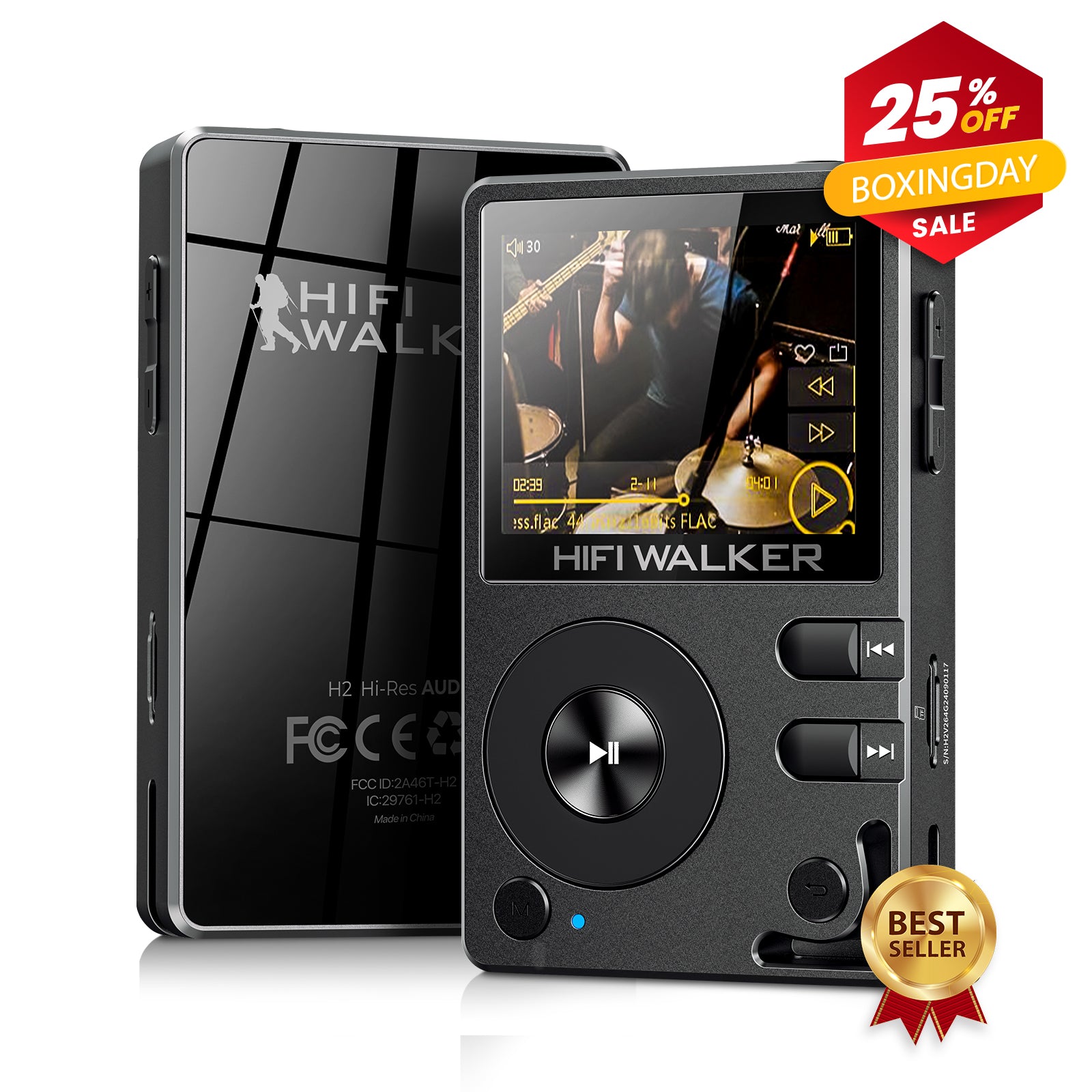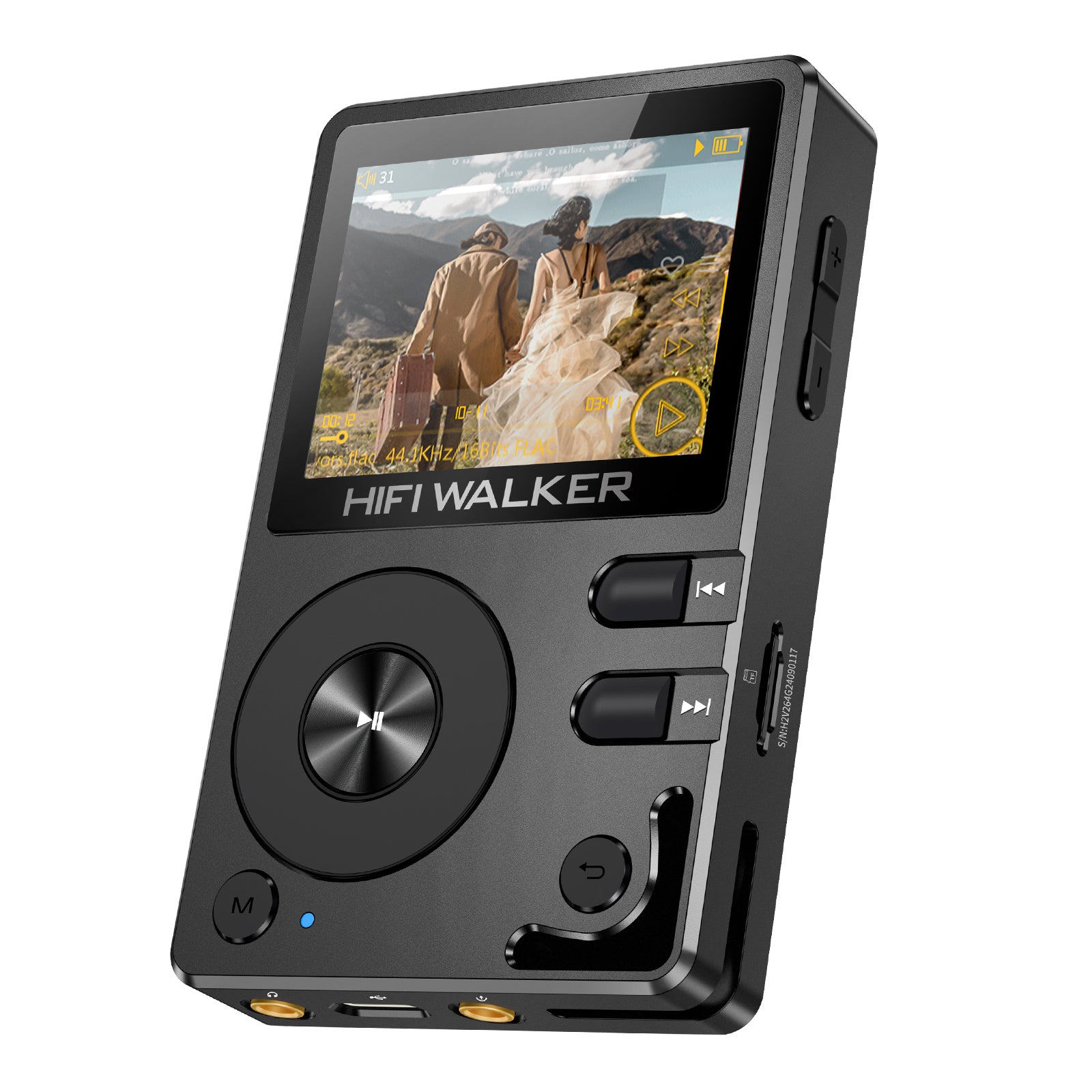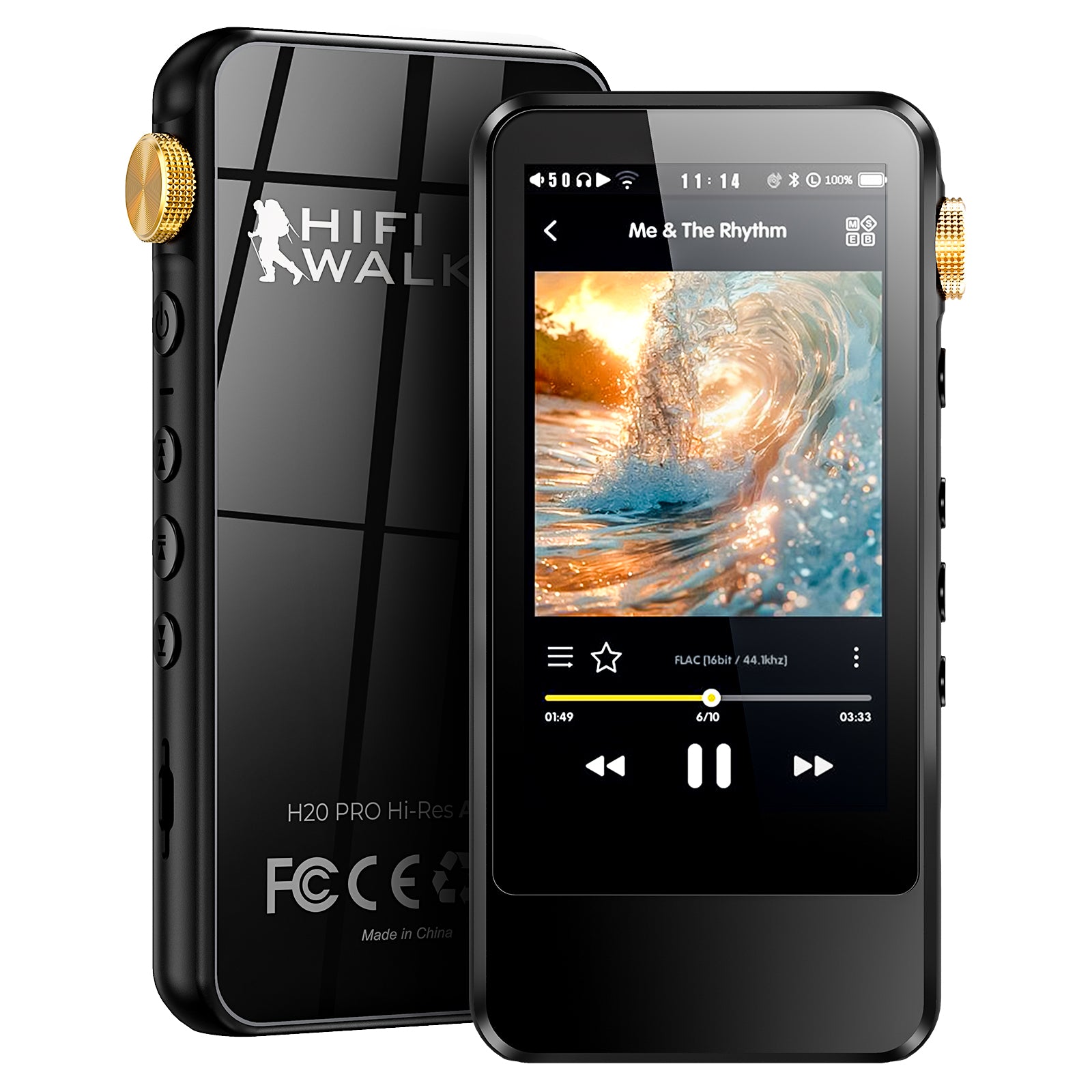Table of Contents
- Introduction
- Which is the Windows MP3 Player?
- User Preferences in Choosing a Windows MP3 Player
- How to Optimize Your Music Library on Windows
- Addressing Common Misconceptions About Windows MP3 Players
- Technological Advancements in Windows MP3 Players
- The Role of Community Feedback in Choosing a Windows MP3 Player
- Future Trends in Music Consumption on Windows
- Conclusion
Introduction
In today's digital world, having a reliable Windows MP3 player is essential for music lovers who want to enjoy their favorite songs easily and efficiently. These players allow users to play, organize, and manage their music collections directly on their Windows computers.
With the rise of digital music consumption, having a good MP3 player can enhance your listening experience, making it more enjoyable and convenient. This guide will help you understand what a Windows MP3 player is, explore popular choices, and discuss features that improve your overall music experience.
Which is the Windows MP3 Player?
When searching for a Windows MP3 player, several options stand out due to their features and user-friendliness:

- Windows Media Player:This is the default media player that comes with Windows operating systems. It supports various audio formats, including MP3, and allows users to create playlists, burn CDs, and sync music with portable devices. Its straightforward interface makes it easy for beginners to navigate.
- MusicBee:Known for its advanced features, MusicBee offers excellent library management tools that allow users to organize their music efficiently. It supports multiple audio formats and provides options for auto-tagging songs, creating smart playlists based on listening habits, and even integrating with web radio stations.
- Foobar2000:This lightweight player is highly customizable, making it ideal for advanced users who want complete control over their audio experience. It supports high-resolution audio formats and offers features like advanced tagging capabilities and customizable keyboard shortcuts.
- VLC Media Player: While primarily recognized as a video player, VLC also excels at playing audio files, including MP3s. It supports a wide range of audio formats and provides features such as equalizer settings and playback speed adjustments.
- MediaMonkey:This player is particularly suited for users with extensive music libraries. MediaMonkey offers powerful organization tools that help manage large collections efficiently, including duplicate detection, automatic tagging, and the ability to create custom playlists.
User Preferences in Choosing a Windows MP3 Player
Different users have various needs when selecting a Windows MP3 player:
- Casual Listeners:For those who simply want to play music without needing advanced features, players like Windows Media Player are ideal due to their straightforward interfaces and basic functionality.
- Audiophiles:Users who prioritize sound quality may look for more sophisticated options like Foobar2000 or MusicBee that provide advanced audio settings and support high-resolution formats.
- Students and Professionals:Individuals needing efficient library management for lectures or podcasts might benefit from players like MediaMonkey that offer robust organizational tools and easy access to playlists.
Understanding these preferences helps users choose the right player that fits their lifestyle and listening habits.
How to Optimize Your Music Library on Windows
To make the most out of your music library, consider these tips:
- Use tagging software like Mp3tag to ensure all your tracks are properly labeled with accurate metadata (artist name, album title, genre). Proper tagging helps keep your library organized and makes searching for songs easier.
- Create folders based on genres or moods so you can quickly find what you want to listen to without scrolling through an extensive list of songs.
- Regularly update your library by removing duplicates or unwanted tracks that take up space but do not add value to your collection.
Addressing Common Misconceptions About Windows MP3 Players
There are several myths surrounding Windows MP3 players that need clarification:
- "All Windows MP3 players are outdated" – Many modern options offer cutting-edge features that rival newer technologies, ensuring they remain relevant in today’s digital landscape.
- "You need a paid version for good quality" – There are plenty of free alternatives available that provide excellent audio performance without any cost attached.
Technological Advancements in Windows MP3 Players
Recent innovations have significantly improved user experiences with Windows MP3 players:
- Many players now include AI-driven recommendations based on your listening history, helping you discover new music tailored to your taste.
- Enhanced support for high-resolution audio formats allows audiophiles to enjoy superior sound quality that was previously unavailable with standard formats.
- Features like voice commands enable hands-free operation, making it easier to control playback while multitasking or during activities like cooking or exercising.

The Role of Community Feedback in Choosing a Windows MP3 Player
User reviews and community feedback play an essential role in selecting the right player:
- Online forums and review websites provide valuable insights into user experiences with different models. Reading reviews can help potential buyers understand the pros and cons of each option before making a decision.
- Popular models often improve based on user suggestions; manufacturers frequently update software based on community feedback to enhance functionality and fix bugs.
Future Trends in Music Consumption on Windows
As music consumption continues to evolve, user preferences are changing:
- The rise of streaming services has shifted how people listen to music; however, many still prefer offline options for convenience during travel or areas with limited connectivity.
- Future Windows MP3 playerswill likely adapt by integrating more streaming capabilities while maintaining robust offline functionality to cater to both preferences.
Conclusion
Using a Windows MP3 player enhances your music enjoyment by providing easy access to your favorite tracks while allowing you to manage your collection effectively. With various options available tailored to different needs—from casual listeners to audiophiles—there's something for everyone. For high-quality audio solutions that complement your listening experience, visit HIFI WALKER for more information on compatible products designed for optimal performance.

